11 things we don’t know about Apple Music
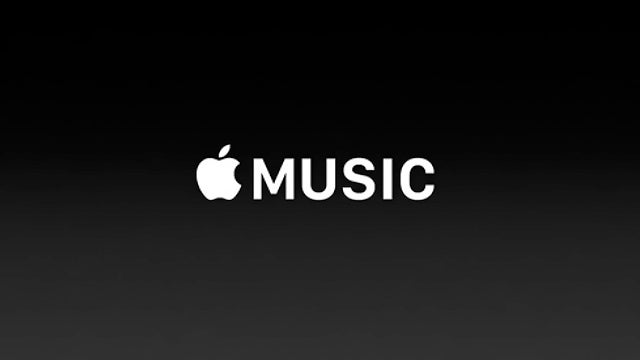
Apple has officially unveiled its answer to Spotify and Tidal but we still don’t know all the details about the music streaming service…
Apple Music has arrived. Just as we thought, it’s a bit like Spotify, and will cost $9.99 a month. And probably £9.99 in the UK. It’s out to convert millions of iPhone 6 owners.
However, while Apple got a few stars on-stage and demo’d how young and hip its rather middle-aged execs are by DJ’ing a few tracks our way during its announcement, there are plenty of things we don’t know.
In standard Apple fashion, we may not know these 11 important facts even when the service arrives in the US and UK on June 30. But we’ll be keeping our eyes open.
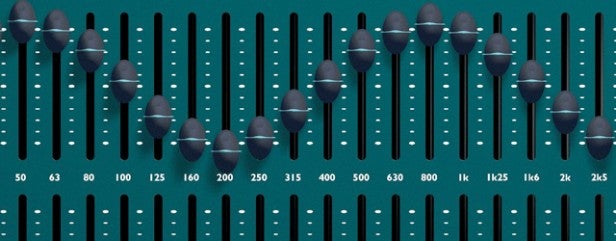
11. What quality does it stream at?
Here’s the big one. Apple mentioned nothing about streaming quality, something every digital music fan should care about, at least a bit.
Our first assumption: it’s not lossless. Not only would Apple be shouting if Apple Music were lossless, it would also make launching in 100 countries globally on 30 June more of a risk. Lossless audio takes up several times the data of lossy audio, even when using a clever codec. That’s some serious server strain.
But what quality could it be? There are a few clues.
First, there’s what iTunes sells as standard. It uses 256kbps AAC files, including streaming from iTunes Match. This is what Apple already has ‘on file’, if you like. Of course, streaming 30-million-strong audio tracks and dealing with smaller Match libraries are different, so perhaps we should be looking at Beats Music instead.
Apple bought headphone-peddler Beats back in 2014. And as well as owning the most popular headphone brand around, it has a streaming service. It’s called Beats Music.
Beats Music offers downloads at 320kbps using the kinda-dated MP3 format and uses HE-AAC at 64kbps by default for mobile streams. If Apple Music uses this, and it may well do given iTunes uses standard AAC, it’s not great news for music fans.
HE-AAC is incredibly efficient and will sound leagues better than a 64kbps MP3 file, but it’s not as good as the array of OGG settings you can pick in Spotify. What it does is to chop out the bits your ears won’t notice, optimising in particular the upper end of the frequency spectrum. Version 2 of HE-AAC also uses parametric stereo, which turns the stereo track into a mono feed, but adds a tiny bit of dedicated data that allows the stereo effect to be restored before it hits your ears.
SEE ALSO: Apple Music vs Spotify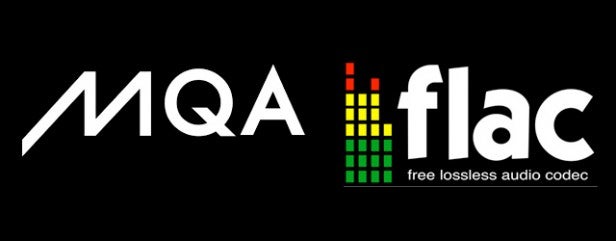
10. Are there any future plans for lossless?
If Apple Music is to use Beats Music’s quality options, there’s a lot of room for improvement, and plenty of scope for Apple to move into lossless audio. No doubt with a price hike.
iTunes has showed fairly little interest in lossless audio to date, though. Until 2009 it sold 128kbps AAC files, before upgrading to 256kbps AAC with the iTunes Plus initiative.
Apple made its own lossless codec years ago, ALAC, but if it does end up offering lossless streams you can bet it’ll come up with something more efficient that that. One contender is Meridian Audio’s MQA, a high-efficiency compression method that can be used with both lossy and lossless content.
But now we’re just speculating.
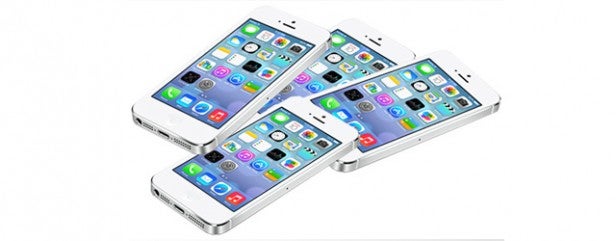
9. Are there ‘DRM-style’ device limits?
Apple has announced two Apple Music plans. There’s the $9.99 one-person plan and the $14.99 family plan that’ll let up to six people use the one account.
What we’re wondering is how Apple will make sure only one person is using the basic account. It seems likely it’ll operate like Spotify, offering just the one stream that’ll be swapped between devices as you use them.
But will it go further, limiting the number of devices that can be ‘paired’ with your Apple Music subscription? We hope not, especially as support for Apple Music will be fairly wide in time, extending to laptops/desktops and Android devices.
SEE ALSO: iOS 9 features: What’s new?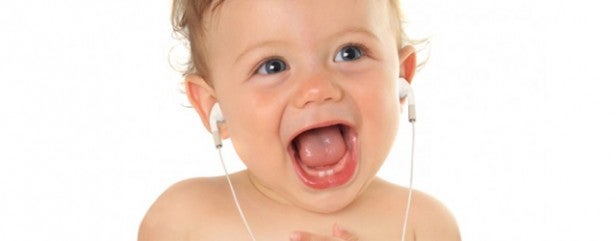
8. How is the family plan going to be policed?
The other Apple Music plan lets six people use the account at the same time: not bad when it costs just 50 per cent more than the one-person account.
However, what we want to know is how this is going to be enforced. The idea seems to be to share the account among a household, letting 8-year old Mikey listen to NWA upstairs while his mum listens to Bublé in the lounge.
But will location be used as part of this plan? Or can people in their late-20s share it with their parents who live 50 miles away? And if so, can we just share it with friends without the Apple T+C police turning up at our door?

7. Will there be loads of exclusives?
One element Apple is clearly leaving to be announced in the future is exclusive content. Will there be no exclusives? No bonus live sessions? Unlikely.
Rather, Apple will probably use these to power the service’s buzz after the launch. It wouldn’t really make much sense for Apple to bang on about the specific content until the initial buzz has died down a little and needs a little injection.

6. Is Beats 1 going to be a Radio 1 monstrosity?
Alongside Apple Music, we got to hear about Beats 1 at the service’s launch. This is an online radio station that operates worldwide and runs 24/7.
It promises a curated experience and includes some spoken content, such as interviews, on top of the usual music rotation. Our concern is how it’ll operate and the kind of music it’ll broadcast.
Its head of curation is Zane Lowe, an ex-Radio 1 DJ whose professional music tastes could only really be seen as progressive by slightly overweight, middle-aged management types. Apple execs, more or less.
Unfortunately the international style of Beats 1 also suggests we may not see the style flick in and out of the mainstream with the projected listnership (like, for example, BBC Radio 6), with any time potentially being a ‘key time’ in a key territory at any hour of the day.
One other possible outcome is that Beats 1 will create 4-6 hours of content, repeated throughout the day. A bit like Dave, then (this is a UK TV channel that mostly plays Top Gear repeats, for our non-UK readers).
SEE ALSO: Apple Music: Five reasons to switch from Spotify
5. Exactly worldwide pricing: a (sort of) mystery
Despite announcing Apple Music’s launch for 100 countries on 30 June, Apple only specifically referenced pricing for the US, with plans of $9.99 a month and $14.99 a month (family plan).
Many people have said it’ll cost £9.99 in the UK, but this is in fact mere speculation at this point. We also can’t be sure that we’ll get the 3-month free trial confirmed for US users. Although, granted, it seems strange that we wouldn’t.
There is some small reason to hope UK folk might actually end up paying slightly less for Apple Music than US people, though. Look at iTunes Match: it costs $24.99 annually in the US and £21.99 here.
A price of £9.49 or even £8.99 is not out of the question. So why does everyone assume the figure will stay the same? It’s how Spotify operates: £9.99 for UK, $9.99 for US.

4. What will artists get paid in terms of royalties?
This one affects artists more than us listeners, but Apple didn’t mention anything about how it’ll handle artist royalties. Tidal boasted it offers four times the royalties of Spotify. Apple has said nowt so far.
We’d assume its model is somewhat similar to Spotify, though. There’s not much room for inconspicuous altruism in a giant corporation like Apple, and it has enough power to squeeze a pretty favourable deal out of the record labels. Of course, with no free option beyond lone Beats 1 radio there should hopefully be fewer stories of artists making peanuts for millions of streams.
We may well get to hear a bit more about royalty payments as the service launches.
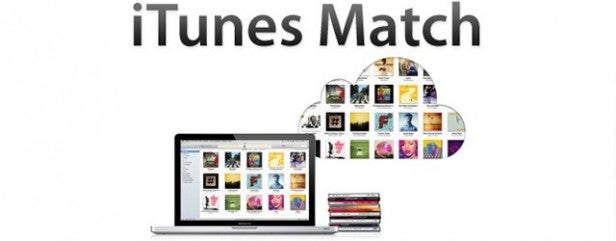
3. How does Apple Music fit in with iTunes Match?
Won’t anyone think about poor iTunes Match? It looks as though there may not be a great deal of room for this cloud music service once Apple Music launches. So will Apple quietly wind it down?
If you’re not familiar with Match, it lets you scan your local digital music library so you can then stream them from the cloud, freeing-up more of your internal memory for Candy Crush Saga clones.
Apple Music already scans your library, so there’s little point having both unless you want to stream loads of stuff that, for whatever reason, isn’t on iTunes. As Music is going to step on Match’s toes rather than the other way around, though, Apple may let it operate quietly in the background for a few more years.
SEE ALSO: Android M vs iOS 9: Which should you be most excited about?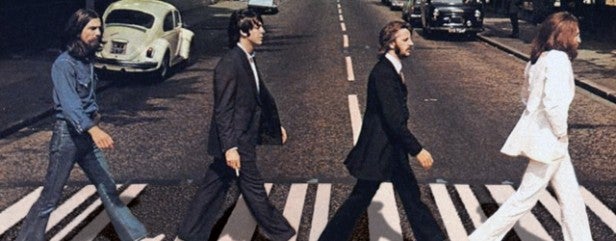
2. What’s missing from the Apple Music library?
Apple Music will not cover absolutely everything that’s available on iTunes. Note that Apple says you’ll get 30-million-odd tracks on Apple Music while iTunes, while Apple’s iTunes Match page says iTunes offers over 37 million.
Why? Some artists just don’t allow their tracks on streaming services. The Verge writes that The Beatles catalogue isn’t on Apple Music, for example.
If you’re hoping those little gaps in Spotify will be solved by Apple Music, you’ll probably be disappointed.
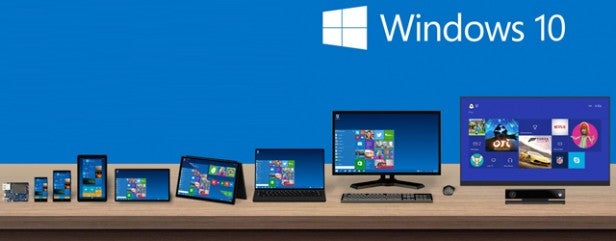
1. Will it come to Windows 10 phones one day?
Apple has said Apple Music is coming to PC, Mac and iOS in June, and that Android users will get support later in the year. But what about Windows phones?
While part of Windows 10 is about bringing the mobile side and ‘PC’ side closer together, it certainly doesn’t mean that every single app will just work on phones as well as it does on laptops. We’re not going to be playing The Witcher 3 on our Lumia phones come Christmas, are we?
It seems likely that the Windows market is just too small for Apple to focus on in the near-to-mid term. While Android is just too massive to ignore: without it, Apple Music has no chance of becoming the ‘default’ music streaming service. And that’s what it wants to do with Apple Music.


